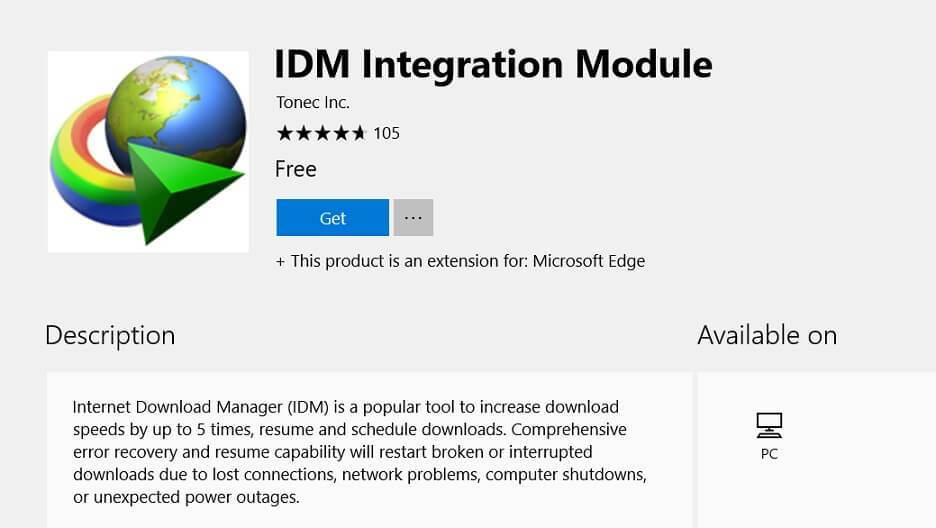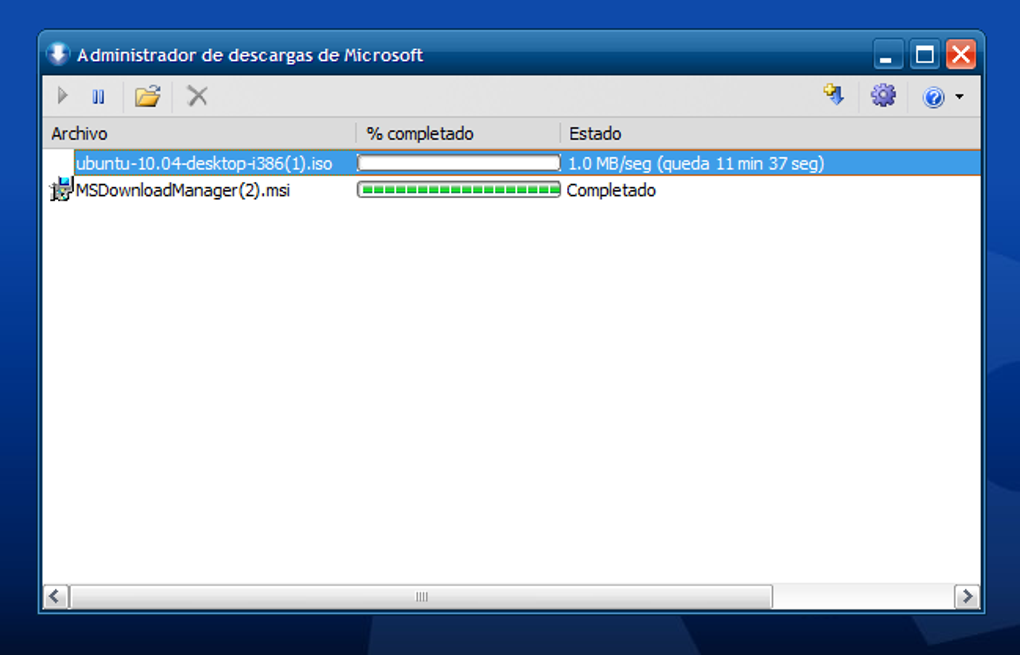

Then I download the master zipball of webui-aria2 from github and put it in a folder in my Dropbox (aria2 works on Linux as well so having the same copy is useful). Start /b aria2c -split=4 -continue=true -daemon=true -max-connection-per-server=5 -max-concurrent-downloads=4 -enable-rpc -check-certificate=false -rpc-allow-origin-all=true -rpc-listen-all=true -bt-enable-lpd=true -bt-seed-unverified=true -enable-dht=true -enable-peer-exchange=true -follow-torrent=true -max-overall-upload-limit=36K -seed-ratio=1.0 -follow-metalink=true -rpc-max-request-size=8M -always-resume=true -async-dns=true -auto-file-renaming=true -file-allocation=falloc -human-readable=true -enable-http-pipelining=true -http-accept-gzip=true -save-session=aria2session.txt -dir=%USERPROFILE%/Downloads Here is chp.exe - its makes it easy to start it in the background without having the ugly console window always hanging around. Start chp.exe cmd /c "start /b /min start_aria2c.bat"

I have a file called aria2_hidden.bat with these contents: It takes a little time to set up right so I will describe exactly what I do: There are some GUIs that let you use it like uGet, I have never liked any of them, I used it from the command line until I found webui. I have it launch in the background every time I start my computer, and then I use webui-aria2 to control it from my browser.

I get 1-2 megabytes per second on downloads that would usually be around 500kbps.


 0 kommentar(er)
0 kommentar(er)
